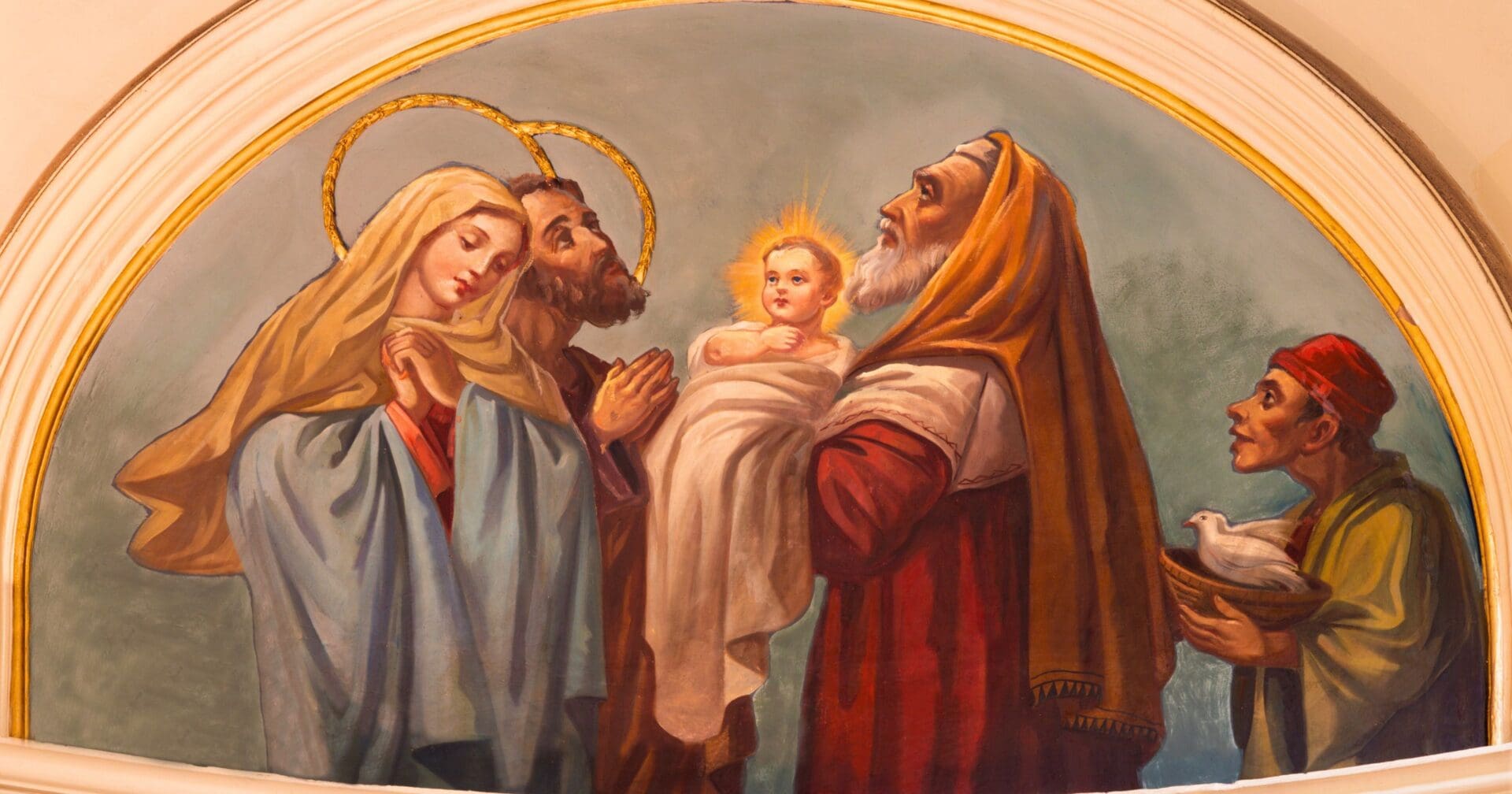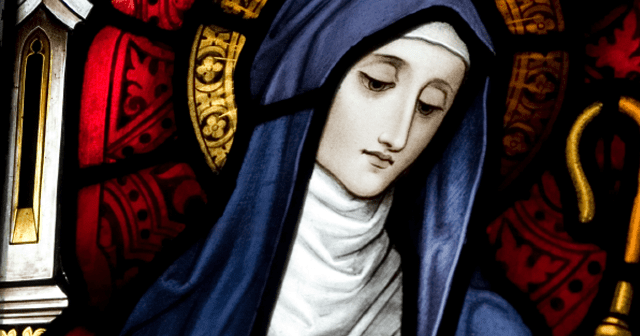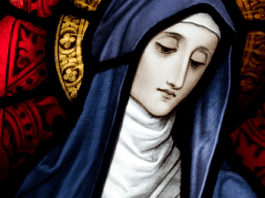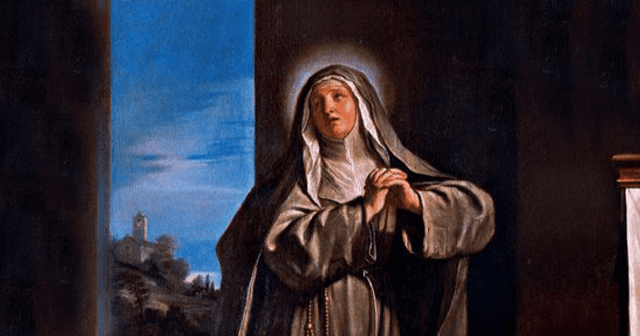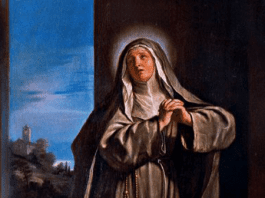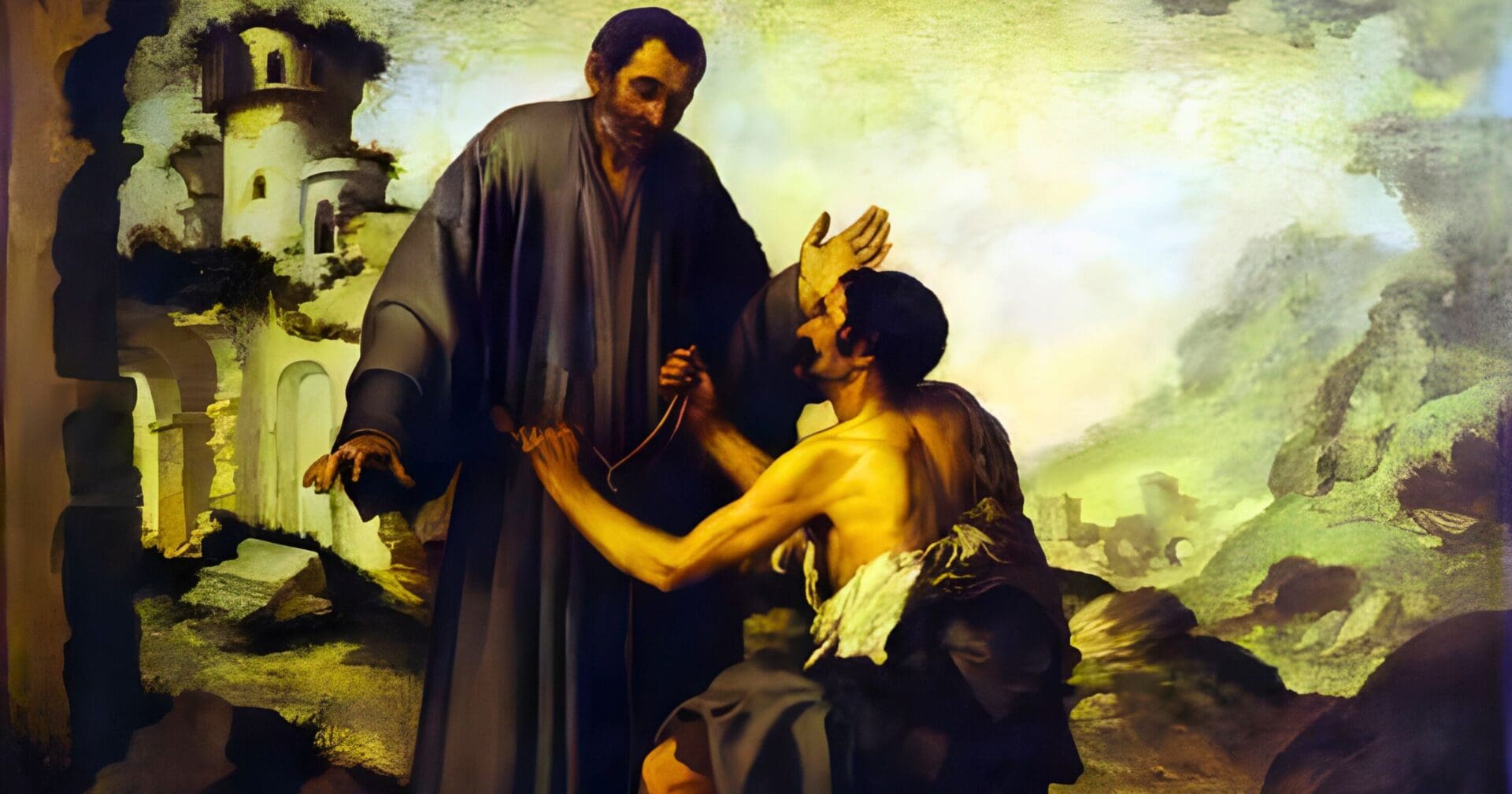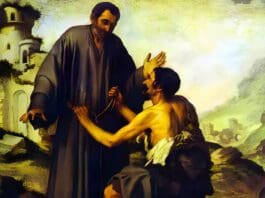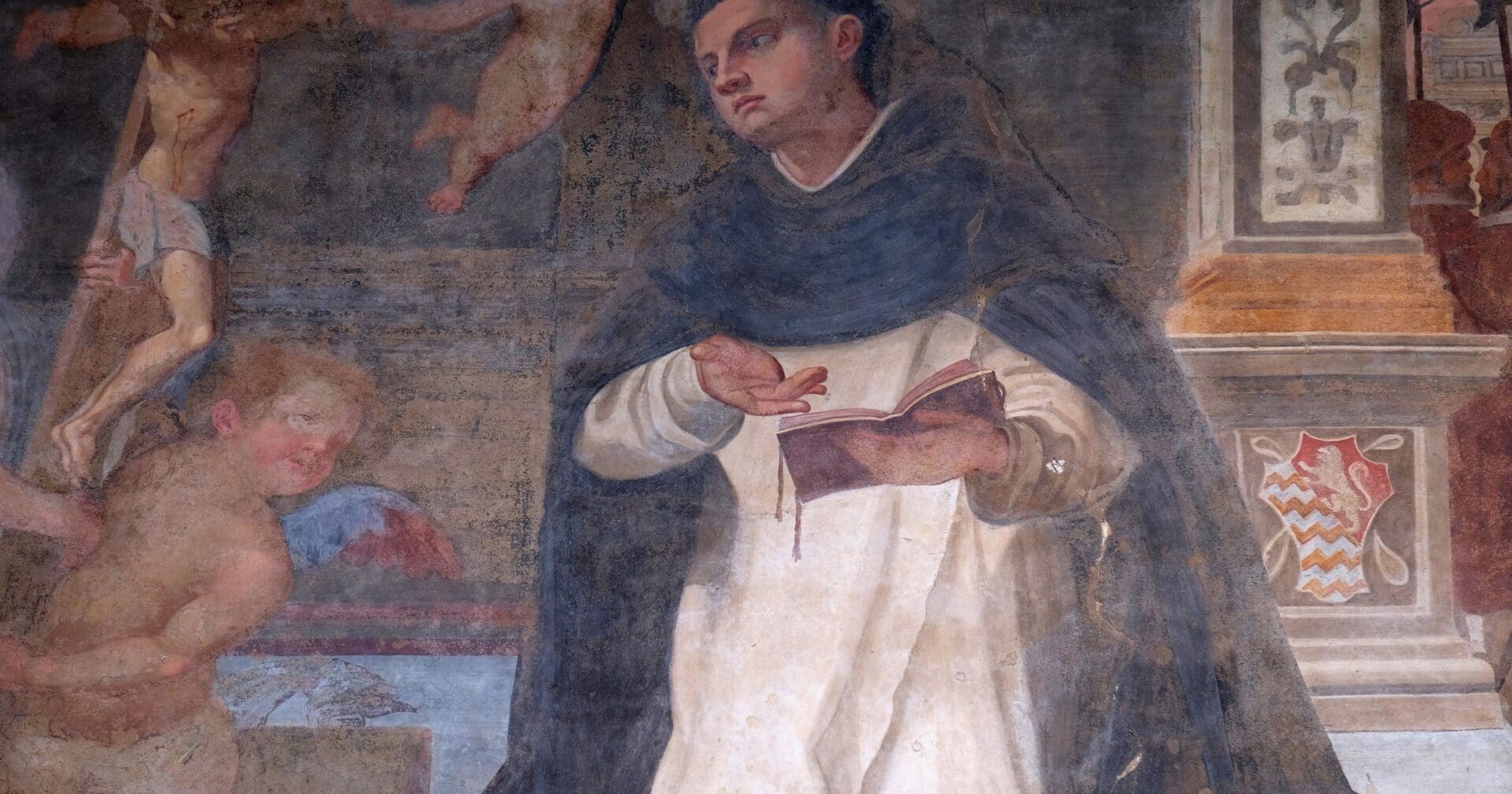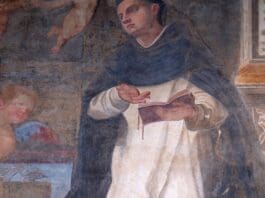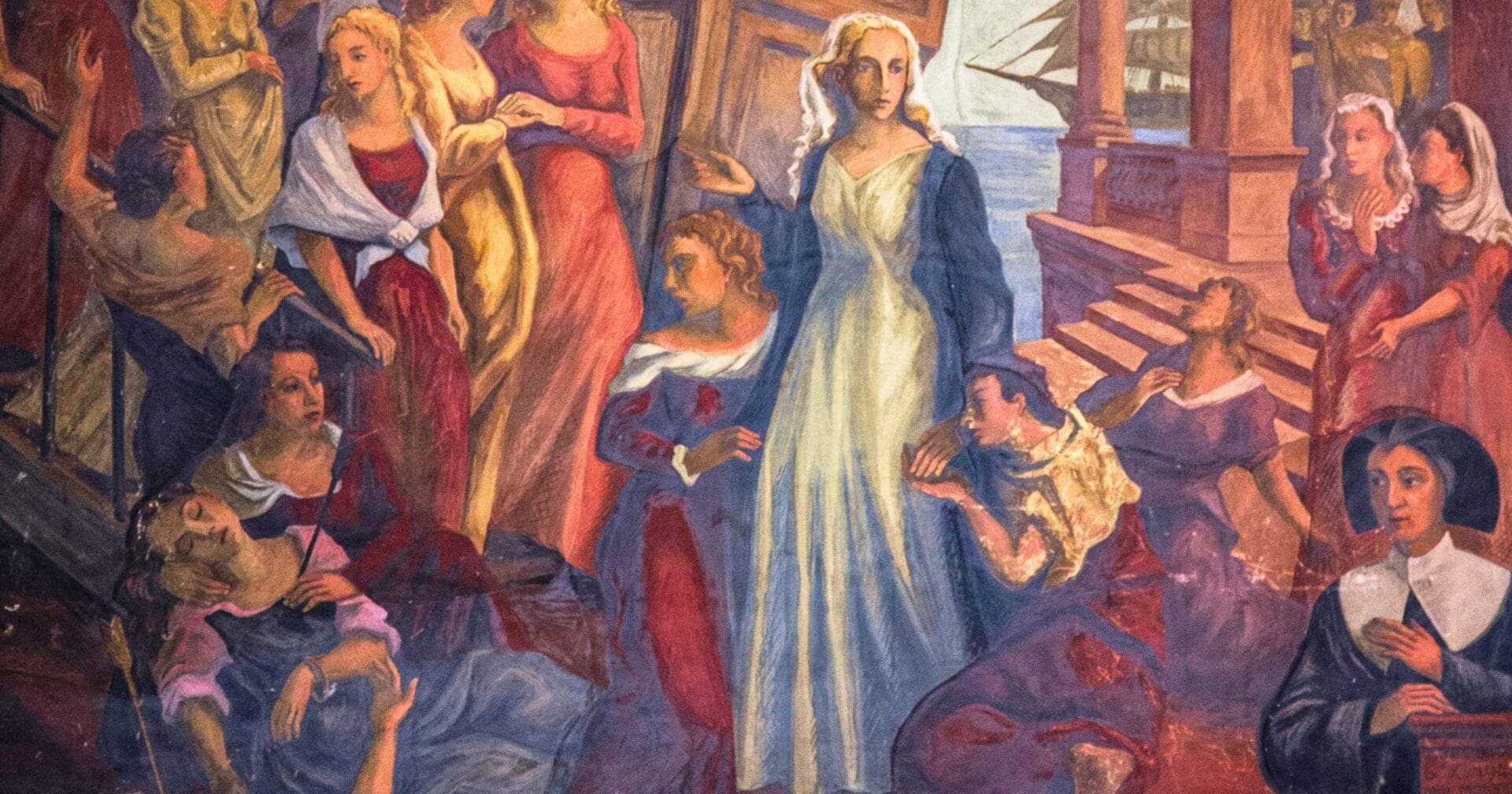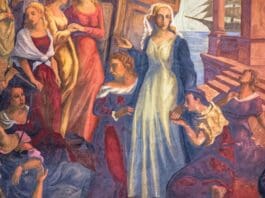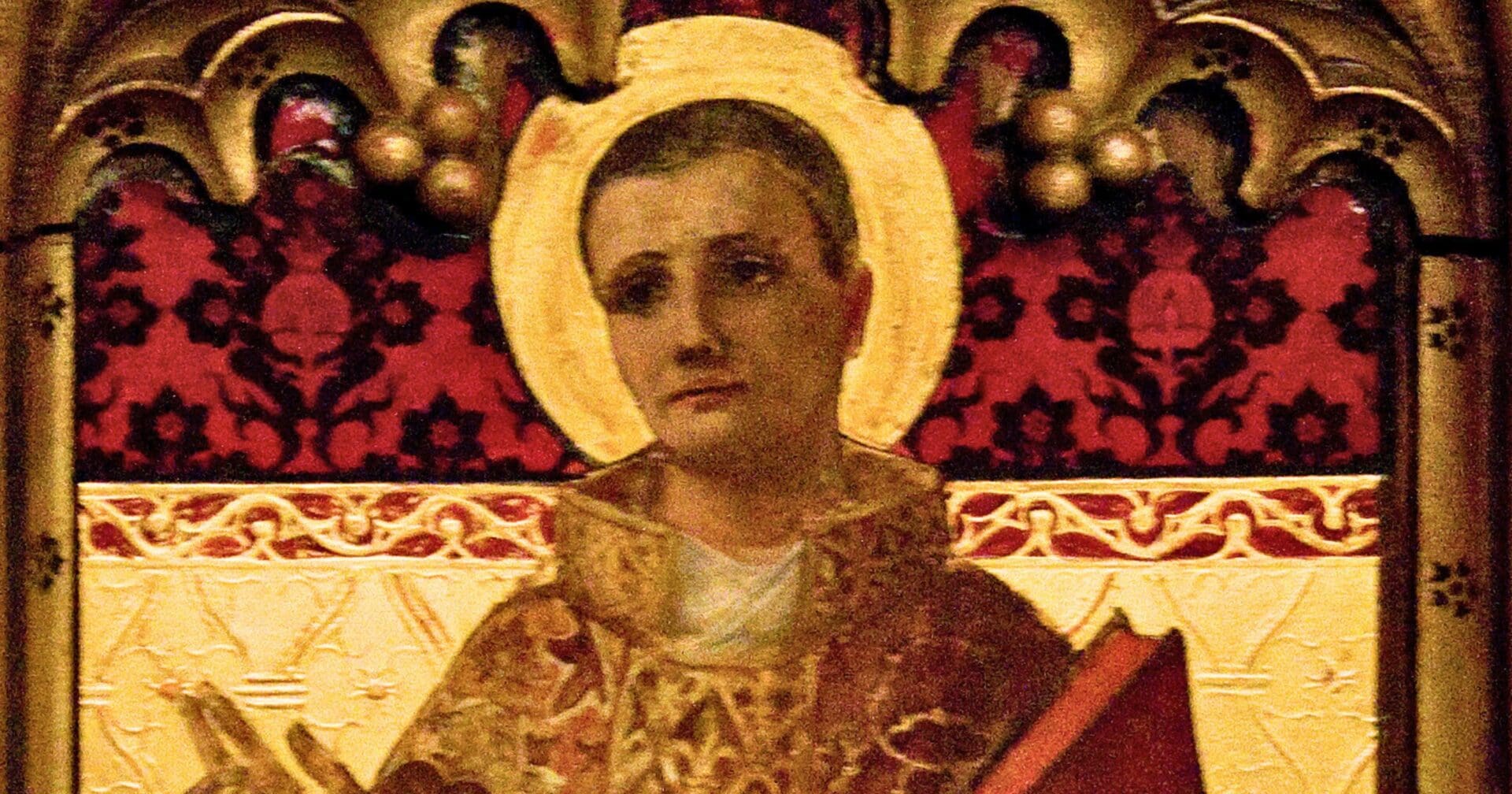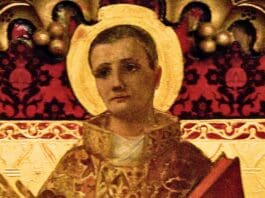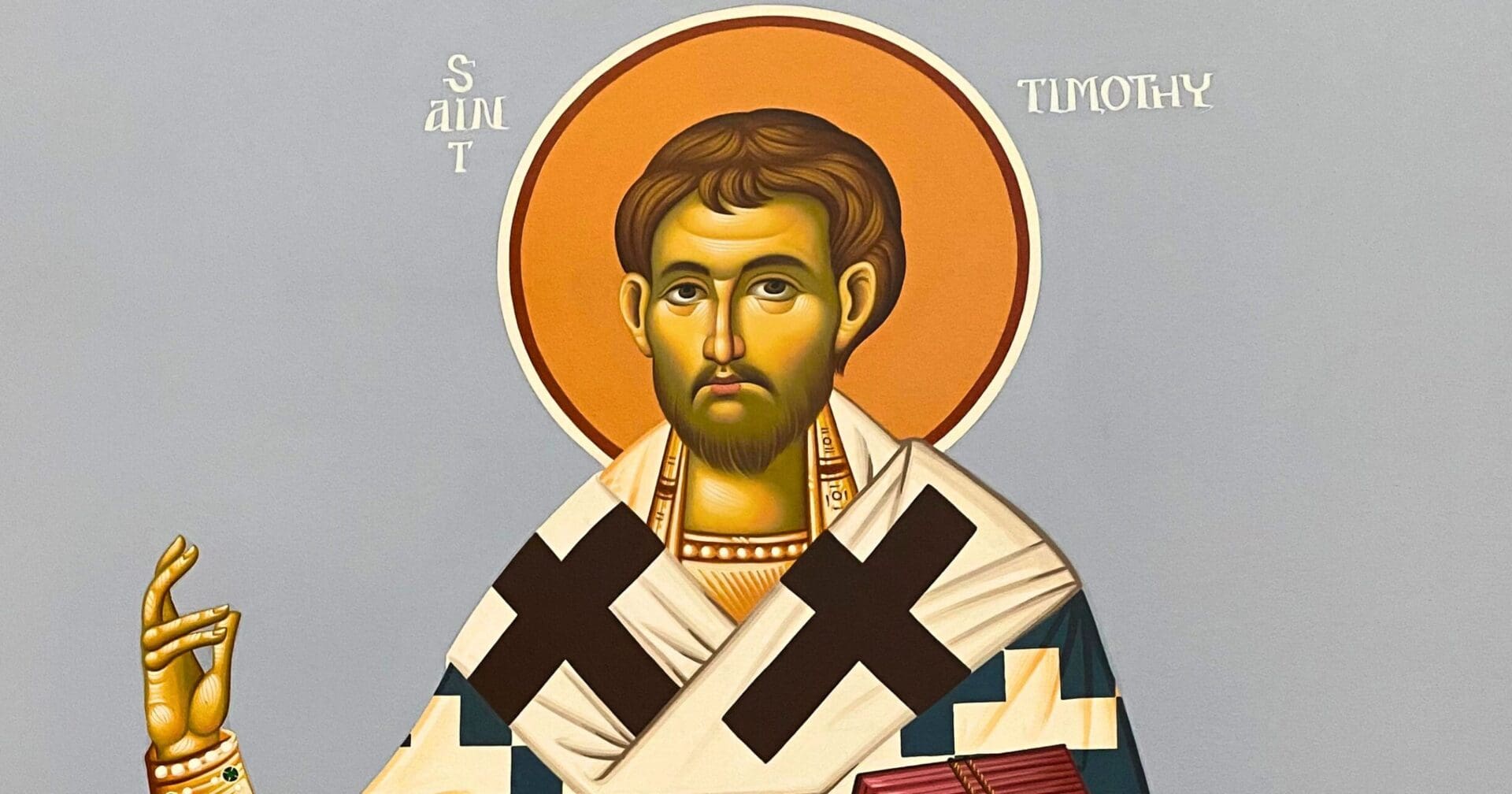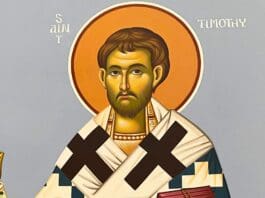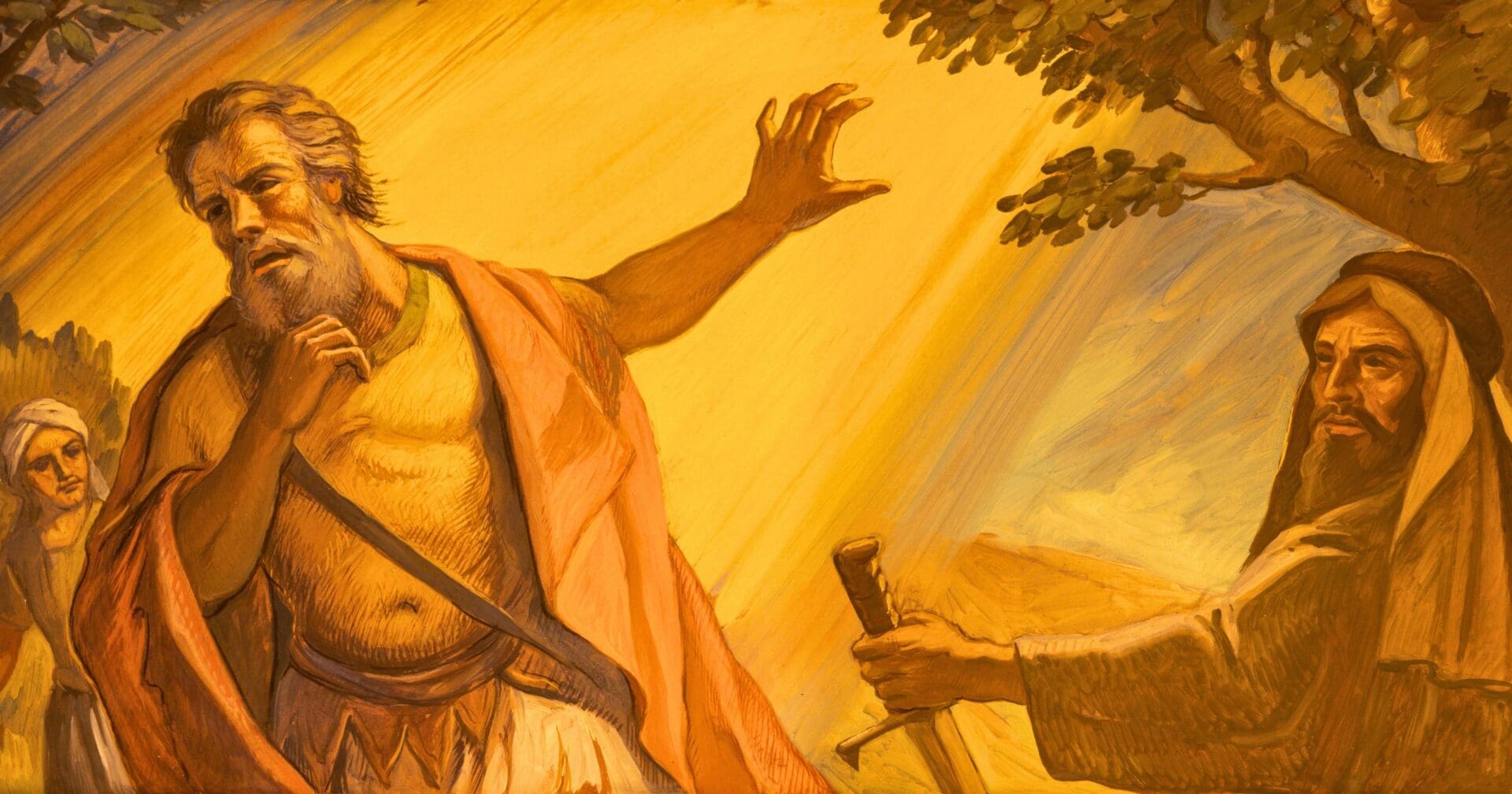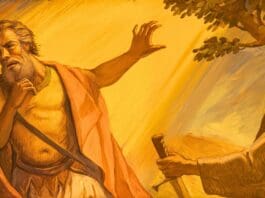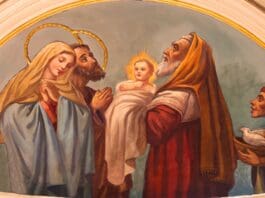
The Mosaic law, as detailed in Leviticus 12:2-8, stipulates specific rituals for a mother after childbirth. If she gave birth to a son, she was considered unclean for seven days and was required to spend an additional thirty-three days in purification. For a daughter, this period of exclusion from the sanctuary was doubled. At the end of this period (forty or eighty days), the mother had to present a lamb and a young pigeon or a turtle dove at the temple for a sacrifice. If unable to afford a lamb, she could offer two pigeons or two turtle doves instead. The priest’s prayers then completed her purification process.
This ancient tradition was observed by Mary, the mother of Christ, forty days after Jesus’ birth. According to the book of Luke (2:22 and following), Mary adhered to this law by presenting Jesus at the temple, fulfilling the redemption of the first-born as stated in Numbers 18:15, and undergoing purification through the prayers of Simeon the Just, in the presence of the prophetess Anna. This significant event, marking Jesus’ first introduction to the temple, was early on celebrated by the Jerusalem Church.
The earliest known record of this celebration comes from the first half of the fourth century, as documented by the pilgrim Egeria (or Silvia) from Bordeaux. The observance took place on February 14th and included a procession to the Resurrection Basilica, a sermon on Luke 2:22, and the Holy Sacrifice. Initially, it was simply known as the fortieth day after Epiphany, indicating that the birth of Christ was celebrated during Epiphany in Jerusalem at that time.
The feast later spread to the entire Church, eventually being observed on February 2nd. This change followed the introduction of the Roman feast of Christ’s Nativity on December 25th in the late fourth century. It gained prominence in Antioch by 526 and was established throughout the Eastern Empire in 542 by Emperor Justinian I as a gesture of gratitude for the end of a severe pestilence.
Different cultures have various names for the feast. In the Greek Church, it’s known as Hypapante tou Kyriou, signifying the meeting of Jesus with Simeon and Anna. The Armenians call it “The Coming of the Son of God into the Temple” and celebrate it on February 14th. The Copts refer to it as “presentation of the Lord in the Temple.”
The exact origins of the feast’s introduction in the Roman Church are unclear, but it appears in the Gelasianum, a seventh-century manuscript, under the title of the Purification of the Blessed Virgin Mary. Pope Sergius I (687-701) introduced a procession for this day, which differed from the liturgical act known today.
This feast was celebrated in the East as a feast of the Lord and in the West as a feast of Mary. The tradition of blessing candles, which became common in the 11th century, is separate from the feast’s origins and is unrelated to the Pupercalia procession.
Known in the Latin Church as the Purificatio B.M.V., this feast is a double of the second class. In the Middle Ages, it often had an octave in many dioceses, and today, religious orders devoted to the veneration of Mary, along with several dioceses, continue to celebrate this octave.
Editorial credit: Renata Sedmakova / Shutterstock.com
The post Feast of the Presentation of the Lord appeared first on uCatholic.
Daily Reading
Wednesday of the Second Week of Lent
Reading 1 Jeremiah 18:18-20 The people of Judah and the citizens of Jerusalem said,“Come, let us contrive a plot against Jeremiah.It will not mean the loss of instruction from the…
Daily Meditation
A Different Kind of Kingdom
Click here for daily readings As Jesus draws closer to Jerusalem—and everything He knows that will take place while He is there—He tries to prepare his Apostles for what is…


